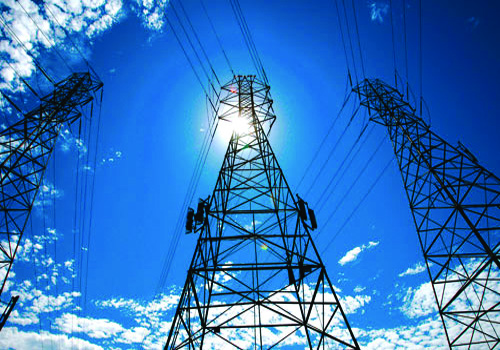The Gulf Cooperation Council Interconnection Authority (GCCIA) has embarked on the implementation of a new super grid project, connecting the GCC with the southern region of Iraq, according to a press statement.
The interconnection project, slated for completion by late 2024, marks the first-ever expansion beyond the electrical grid system of the GCC countries.
The project will satisfy a significant portion of the electric power demand in southern Iraq, supplying 500 megawatts (MW).
The project’s inauguration ceremony took place in Dammam, Saudi Arabia, and was overseen by senior GCC government officials, among them Qatar’s state minister for energy affairs, Saad Sherida Al-Kaabi.
Spearheaded by both the Qatar Fund for Development and the Kuwait Fund for Arab Economic Development, the landmark project has already garnered substantial financial backing.
The GCCIA, in a February announcement, revealed the signing of five contracts totalling a staggering $220 million.
These contracts lay the foundation for the implementation of a robust electricity interconnection between the GCC nations and Iraq.
This ambitious undertaking involves the construction of a cutting-edge double circuit 400 kV transmission line stretching from the Wafra station in Kuwait to the Al Faw station in southern Iraq.
Boasting a transmission capacity of 1,800 megawatts (MW) and spanning an impressive length of 295 kilometers, this transmission line is set to redefine the region’s power infrastructure.
The GCCIA has devised a phased approach for the project’s execution, with the initial phase scheduled for completion within 24 months.
The first phase will witness the deployment of a transmission capacity of 500MW, expected to have an immediate impact on meeting Iraq’s energy demands.
GCCIA SuperGrid: Paving the way for billion-dollar power trading boom in the Gulf
According to the World Bank, electricity trade could save the Arab world $17-25 billion and reduce required capacity by 33 gigawatts (GW) through better mutual utilisation of existing capacity.
The GCCIA further estimates that GCC power trading could achieve savings of up to $24 billion by 2038.
The GCCIA envisions the SuperGrid becoming a vital link connecting not only the GCC countries but also neighbouring regions.
To transform this vision into reality, the GCCIA is already conducting feasibility studies for connecting the GCC with Jordan and Egypt.
The long-term goal is to establish an electricity highway, extending all the way to Europe. This would enable the exchange of excess energy during winter and summer months, providing affordable and clean energy to both regions.





